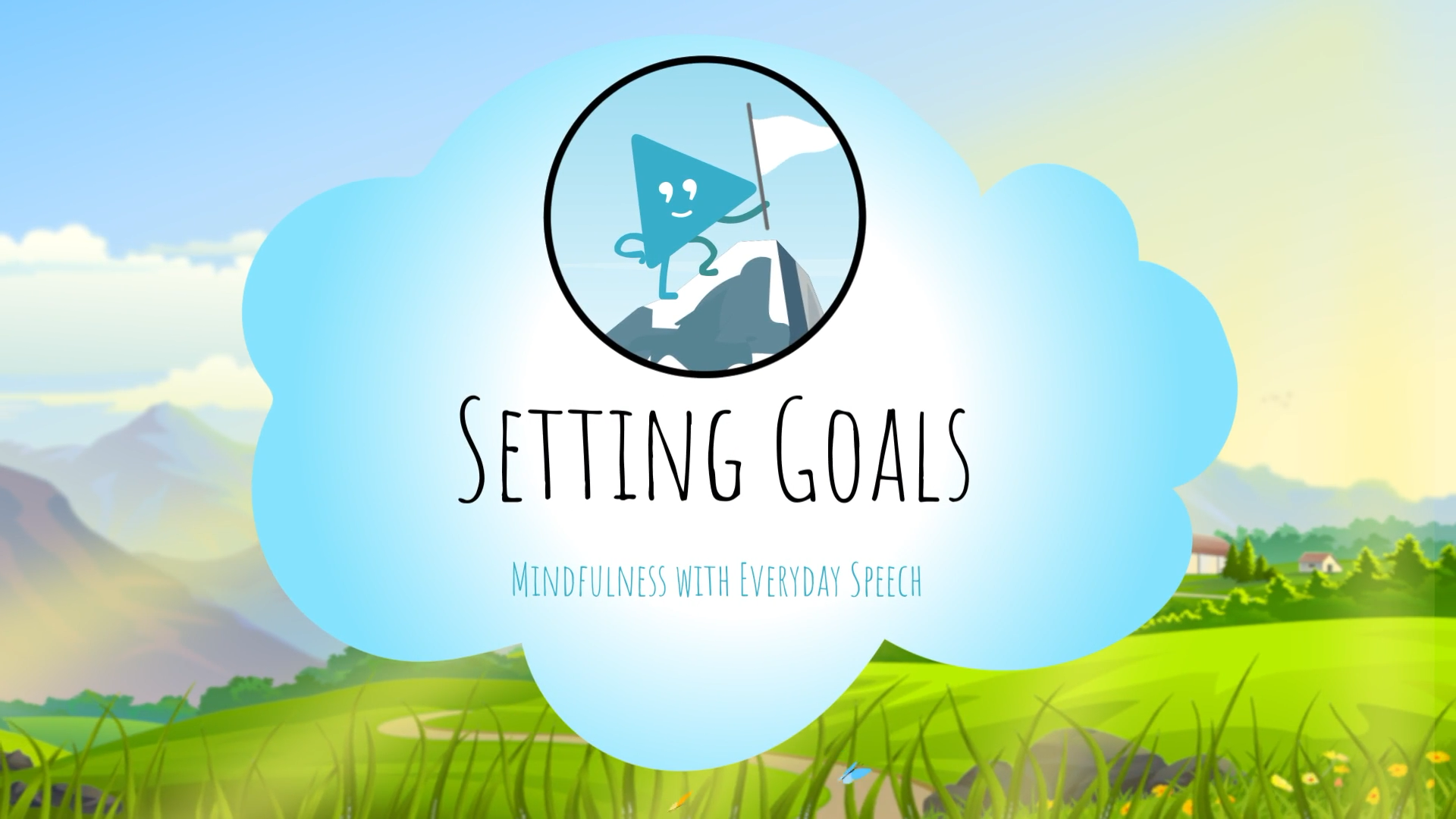
Introduction
Setting goals is an essential skill that helps students stay focused and overcome distractions, both outward and inward. Outward distractions may include screens, obligations, or other demands on our time, while inward distractions are the doubting inner thoughts that prevent us from working toward our goals. In this blog post, we will explore an activity that encourages students to set goals, discuss related questions, and mention other relevant skills in the context of special education. By incorporating principles of Social-Emotional Learning, we can help students make lasting personal progress and feel happier in their lives.
No-Prep Activity
This activity requires no preparation or materials from the educator, making it an excellent choice for busy teachers. Begin by having students gather in a comfortable and quiet space where they can think and write. Ask your students to consider a goal they would like to achieve, whether school-related or life-related. Encourage them to follow these steps:
- Write down their goal.
- Create a To-Do list of tasks they need to complete before they can start working on their goal. This may include cleaning a space, gathering materials, or purchasing something.
- Break the goal down into smaller, manageable steps.
- Find a partner to join them in their goal-setting journey, holding each other accountable and providing support.
- Establish rewards at each level of progress to keep motivation high.
- Pair their goal with an activity they already enjoy doing, making the process more enjoyable.
- Choose a start date for working on their goal.
- Track their progress if it motivates them.
By following these steps, students can successfully set and work towards their goals, overcoming obstacles and distractions along the way.
Discussion Questions
Use these questions to stimulate further discussions among your students:
- Why is setting goals important for personal progress and happiness?
- What are some examples of outward and inward distractions that might prevent us from achieving our goals? How can we overcome these distractions?
- How can breaking a goal down into smaller steps make it more achievable?
- Why is it helpful to have a partner or support system when working towards a goal?
- How can establishing rewards and pairing goals with enjoyable activities increase motivation?
Related Skills
In addition to goal-setting, there are other relevant skills that can help students succeed in their personal and academic lives. Some of these skills include:
- Time management: Learning to prioritize tasks and allocate time effectively can help students stay on track with their goals.
- Self-awareness: Understanding one’s strengths and weaknesses can help students set realistic goals and develop strategies for overcoming obstacles.
- Problem-solving: Developing the ability to analyze situations and find solutions can be invaluable when facing challenges during the goal-setting process.
- Resilience: Building resilience helps students bounce back from setbacks and maintain their motivation to achieve their goals.
Next Steps
Now that you have a better understanding of the importance of goal-setting and its role in special education, we encourage you to explore more resources and activities to support your students. Sign up for free samples of the discussed skill and others at Everyday Speech. These materials can provide valuable insights and tools to help you incorporate Social-Emotional Learning principles into your teaching practice, fostering personal progress and happiness for your students.

